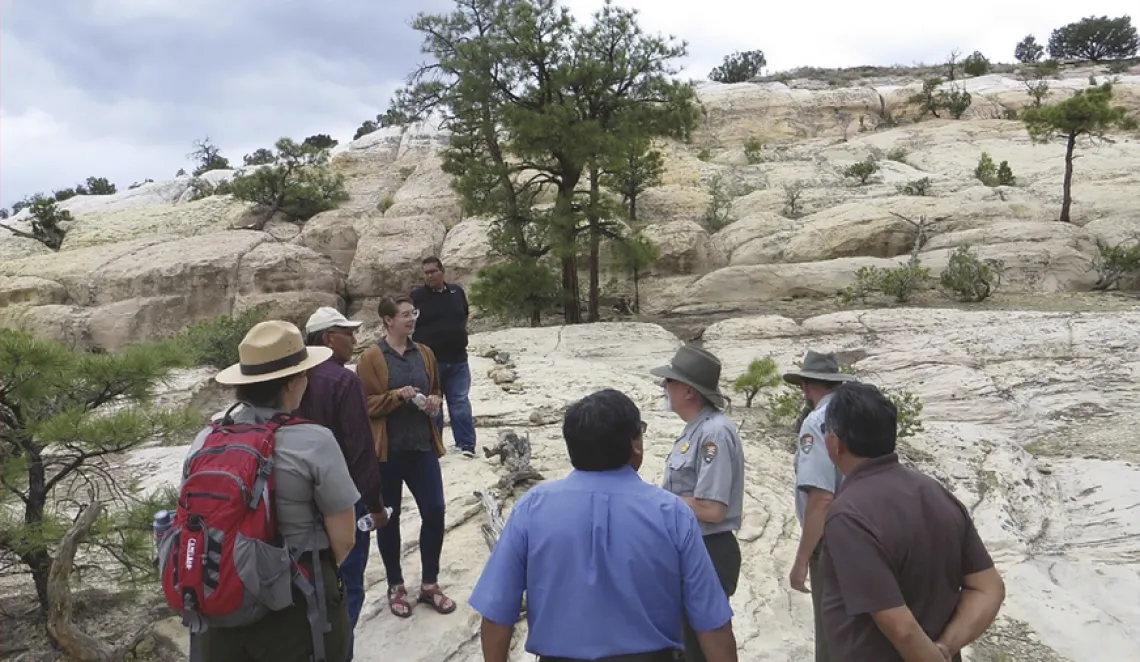Archaeology and Social Justice in Native America

Over the past 20 years, collaboration has become an essential aspect of archaeological practice in North America. In paying increased attention to the voices of descendant and local communities, archaeologists have become aware of the persistent injustices these often marginalized groups face. Building on growing calls for a responsive and engaged cultural heritage praxis, this forum article brings together a group of Native and non-Native scholars working at the nexus of history, ethnography, archaeology, and law in order to grapple with the role of archaeology in advancing social justice. Contributors to this article touch on a diverse range of critical issues facing Indigenous communities in the United States, including heritage law, decolonization, foodways, community-based participatory research, and pedagogy. Uniting these commentaries is a shared emphasis on research practices that promote Indigenous sovereignty and self-determination. In drawing these case studies together, we articulate a sovereignty-based model of social justice that facilitates Indigenous control over cultural heritage in ways that address their contemporary needs and goals.
Citation
Laluk, N., Montgomery, L., Tsosie, R., McCleave, C., Miron, R., Carroll, S., . . . Schneider, T. (2022). Archaeology and Social Justice in Native America. American Antiquity, 1-24. doi:10.1017/aaq.2022.59

